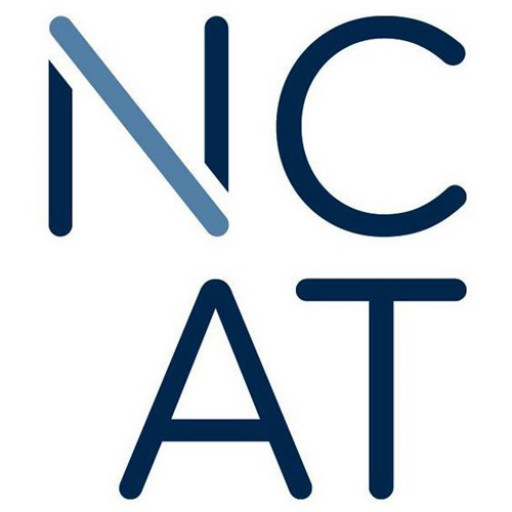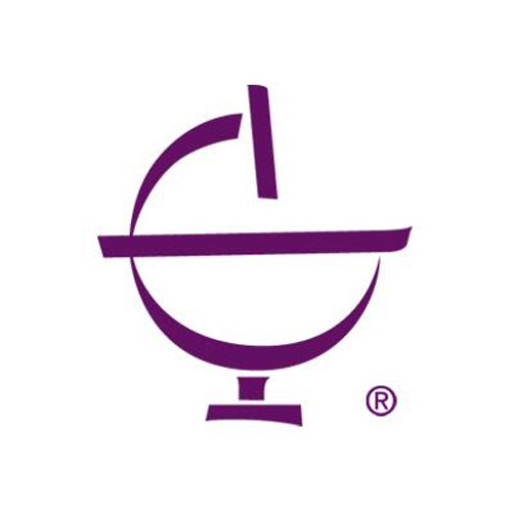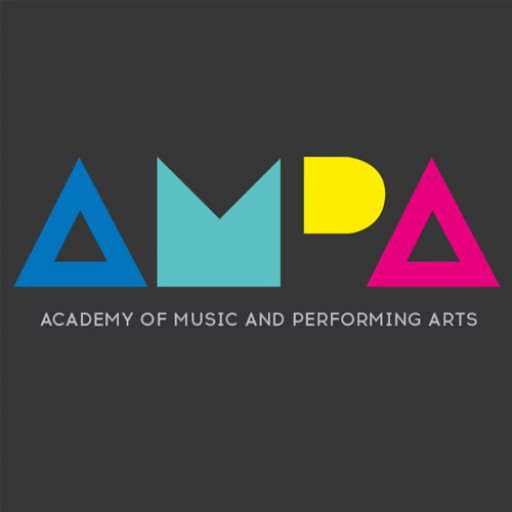This qualification reflects the function of those who use well-developed skills and a broad knowledge base in music operation, sound production or music industry contexts. They apply solutions to a defined range of unpredictable challenges, and examine and evaluate information from many different sources. They may offer guidance and leadership to others also possess limited responsibility for the output signal of others.Licensing/Regulatory Information National Standard for Licensing Persons Performing High Risk WorkThe National Standard for Licensing Persons Performing High Risk Work pertains to persons acting dogging and rigging work. Completion of the following components is required for certificate at either basic, intermediate or advanced levels:CPCCLDG3001A Licence to perform doggingCPCCLRG3001A Licence to do rigging basic levelCPCCLRG3002A Licence to do rigging intermediate levelCPCCLRG4001A Licence to do rigging advanced level.National Code of Practice for Induction for Building WorkSets and shredding for some events or performances can fall within the meaning of structure job. If this is the case, people entering the construction site are needed to finish the entire induction training program specified by the National Code of Practice for Induction Training for Construction Work (Australian Safety Compensation Council, May 2007). Achievement of the device CPCCOHS1001A Work closely in the construction industry from the CPC08 Structure, Plumbing and Services Training Package fulfils this requirement.
The Music Industry program at Northern College of the Arts and Technology is designed to provide students with comprehensive knowledge and practical skills necessary for a successful career in the dynamic and evolving music sector. Throughout the course, students will explore various aspects of the industry, including music production, artist management, marketing, live sound, and digital media. The curriculum emphasizes hands-on experience, enabling learners to develop proficiency with industry-standard software and equipment, as well as to understand the business fundamentals that drive the music industry forward.
The program covers core topics such as music theory, audio engineering, recording techniques, and songwriting, ensuring students gain a solid musical foundation. Additionally, there are modules focused on the legal aspects of the industry, including contracts, copyright law, and licensing, which are essential for navigating the commercial landscape. Students will also gain insight into the digital promotion of music, social media marketing strategies, and the use of multimedia platforms to connect with audiences effectively.
Practical components include studio work, live sound management, and organized performances, giving students real-world experience. Instructors, who are industry professionals, bring current trends and insights into the classroom, preparing students for contemporary challenges and opportunities. Collaborative projects and internships are integral parts of the program, fostering teamwork and industry connections that can facilitate future employment.
Graduates of the Music Industry program will be equipped with the skills to pursue careers as music producers, audio engineers, artist managers, event coordinators, and digital marketing specialists. They will also have the ability to establish their own ventures or work freelance in various aspects of the music scene. The program emphasizes creativity, technical competence, and strategic thinking, aiming to nurture versatile professionals ready to make a significant impact in the global music industry.
Program requirements for the Music Industry degree at Northern College of the Arts and Technology include a combination of academic prerequisites, practical skills, and prior experience. Applicants are typically expected to have completed secondary education with a strong focus on arts, technology, or related fields. A minimum grade point average may be required, often equivalent to a C or higher in relevant coursework. Prospective students should demonstrate a keen interest in the music industry through portfolios, audition tapes, or interviews, depending on the application process. Prior experience with musical instruments, recording equipment, or production software such as Pro Tools or Ableton Live can be advantageous but is not always mandatory. The program emphasizes both theoretical knowledge and hands-on practical skills, so applicants should be prepared to engage in intensive coursework that includes music production, sound engineering, artist management, event planning, copyright law, and marketing strategies within the music industry. Entry requirements may also include a personal statement explaining motivation and career goals in the music sector. As spaces may be limited, candidates are encouraged to submit complete applications early, including all supporting documents such as transcripts, letters of recommendation, and any relevant media demonstrating their interest or experience in music. Additionally, some modules of the program could require students to participate in internships or co-op placements as part of their coursework to gain real-world experience. In summary, successful applicants are those with a demonstrated passion for music, relevant academic background, and readiness to develop their skills through rigorous coursework and practical engagement within the dynamic field of music industry.
The Music Industry program at the Northern College of the Arts and Technology offers a range of financing options to support students throughout their studies. Prospective students are encouraged to explore multiple avenues to fund their education, including government grants, scholarships, student loans, and private funding sources. The college provides detailed information about eligibility criteria and application procedures for various financial aid opportunities on its official website. Federal and provincial student loan programs are available to eligible domestic students, covering tuition fees, living expenses, and other educational costs. Scholarships are awarded based on merit, financial need, or specific talents related to music and the arts, and applicants are advised to submit their applications well in advance of deadlines. Additionally, the college occasionally partners with industry sponsors and local businesses to offer bursaries and sponsorships to outstanding students demonstrating exceptional potential or financial hardship. Part-time work opportunities may also be available on campus or within the local community, allowing students to earn income while studying. The college provides financial counseling services to help students plan their budgets and understand the repayment obligations of any borrowed funds. International students are assessed for different funding options and may be eligible for specific scholarships or financial aid packages. It is recommended that students contact the college's financial aid office early in the application process to receive personalized assistance and ensure they meet all deadlines. Overall, the Northern College of the Arts and Technology strives to make education accessible by providing comprehensive financing support designed to minimize financial barriers and promote academic success.
The Music Industry program at the Northern College of the Arts and Technology provides students with comprehensive training and hands-on experience in the dynamic field of music production, management, and business. Designed to equip aspiring professionals with the skills necessary to succeed, the course covers a wide range of topics including music theory, recording techniques, live sound engineering, music marketing, artist management, copyright laws, and digital distribution. Students have access to state-of-the-art facilities such as recording studios, practice rooms, and computer labs equipped with industry-standard software. The curriculum emphasizes practical skills, enabling students to develop portfolios through projects like album production, commercial jingles, and event management. Collaboration with local music venues and industry professionals offers valuable real-world experience and networking opportunities. The program also focuses on contemporary issues such as social media marketing, branding, and the use of emerging technologies in the music business. Graduates from the Music Industry course are prepared for various careers including music producer, sound engineer, artist manager, music marketer, live event coordinator, and digital content creator. The program fosters creativity, technical proficiency, and entrepreneurial spirit, ensuring students are well-prepared to enter the competitive music industry. Additionally, the college provides career support services, internships, and workshops to help students transition from education to employment. The faculty comprises experienced industry practitioners committed to mentoring students and sharing current industry practices. Overall, the Music Industry program aims to cultivate versatile, industry-ready professionals who can adapt to the rapidly evolving music landscape.







